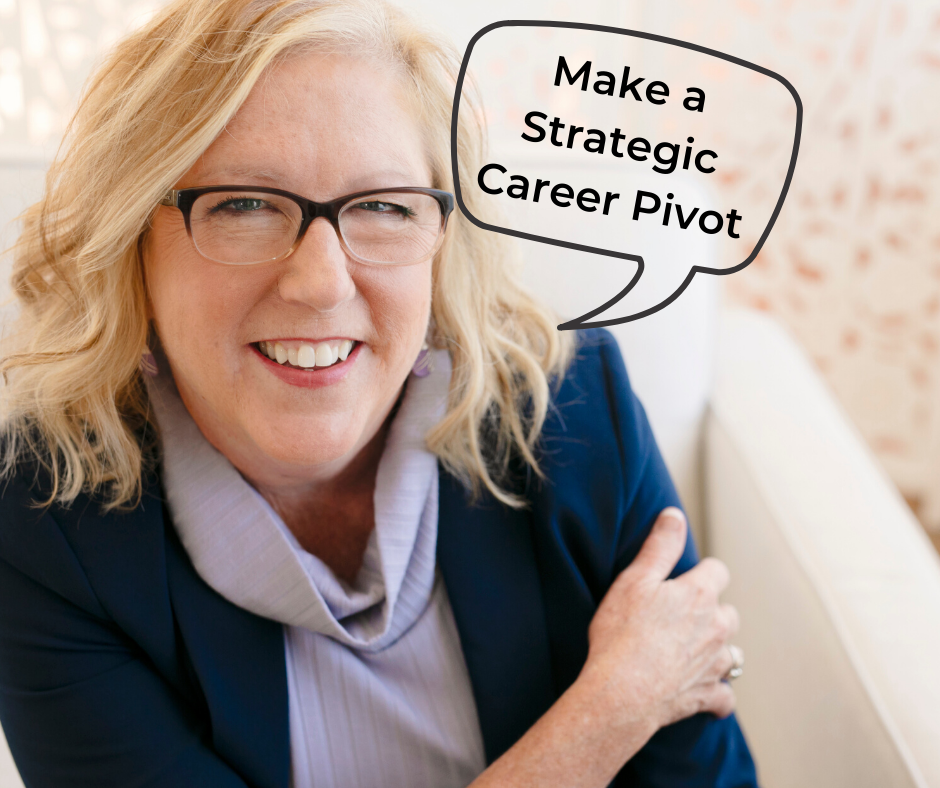The Ending is the Beginning

“Making a decision to start or change a career is like embarking upon a solo voyage no one else can take for you. You are in between who you are and who you will become. During this transitional time, your sense of self can slip and slide as you explore your new future and say goodbye to the past. Career changes are often disruptive and can affect your life balance. You might feel moody or impatient. The refrigerator may beckon you at 3 a.m. as you worry about what’s next. It’s not uncommon for people entering the Journey stage to experience sleep disturbances, health challenges, and strained relationships because they are uncomfortable with their unknown future.
You many also experience some mixture of grief and elation. Your journey is marked by an ending—the end of your comfortable job, the end of stable income or maybe the end of your education. You often know the change is coming but sometimes your security blanket is ripped away from you unexpectedly. It can be a shock requiring you to draw on your inner resilience. Like everything in life, you have some degree of choice. Perhaps you could have prolonged or avoided the change, but if you have made it to the Journey stage of the Cycle, you are ready to move forward.
When you enter the Journey phase, you straddle the past and the future. Imagine you have one foot on a dock which represents your past career state. Your other foot is stepping onto a boat, representing your unfolding career (future). The boat is rocking and you struggle to keep your balance as you board the vessel. You are not longer standing firmly on the dock and you have not completely boarded the boat. You are somewhere in the middle, risking a clumsy gymnastic split or a chilly dip in the water.
If you keep your balance and thrust your mind, body, and spirit onto the boat, you are fully boarded and embarking on your career journey. Your first moments on the boat can be unwieldy. You may find yourself looking back at the dock, longing for the comfort of your familiar past. You might have an impulse to tell the captain to turn the boat around so you can get back to the dock. Uncertainty or even regret is a time of transition is to be expected. Give yourself some time to reflect on what was good or painful about your past. Honor your losses. Take active steps to celebrate both the positive and negative aspects of the situation you are leaving.
Ironically, as you grow more comfortable with your forward motion, you may want the vessel to hurry up and get to the destination—you want clarity and a definable goal. It is natural to want to end this in-between time. Be forewarned, your impulse to rush through the process and “foreclose” just to avoid your discomfort can result in a half-baked career decision. Hang in there. We will take this step by step together.”
There is a path for you to follow if your career has been disrupted or eliminated. Here are some quick tips to help you at this juncture:
- Use all the career change resources (books, videos, advisors, etc.) at your disposal.
- Do not jump at the first opportunity that comes along.
- Mobilize your courage, be brave and make great choices.










